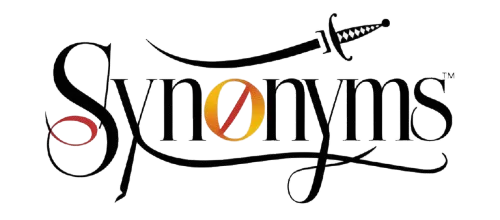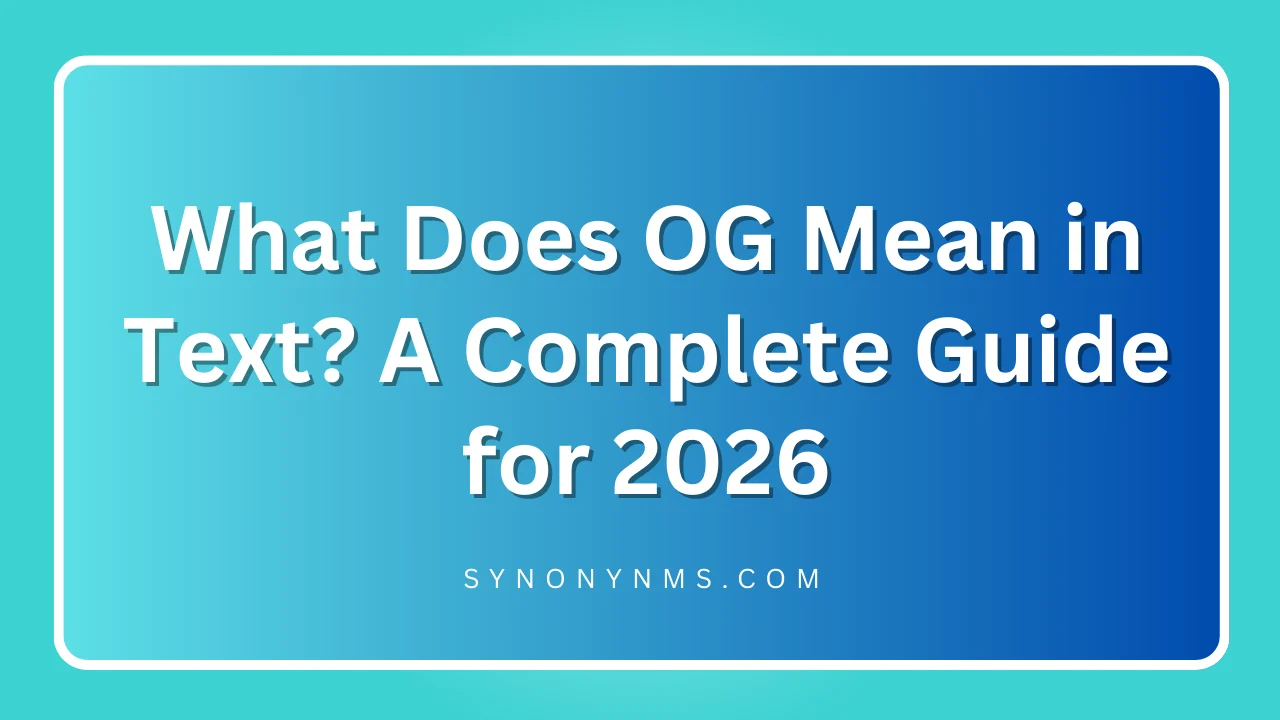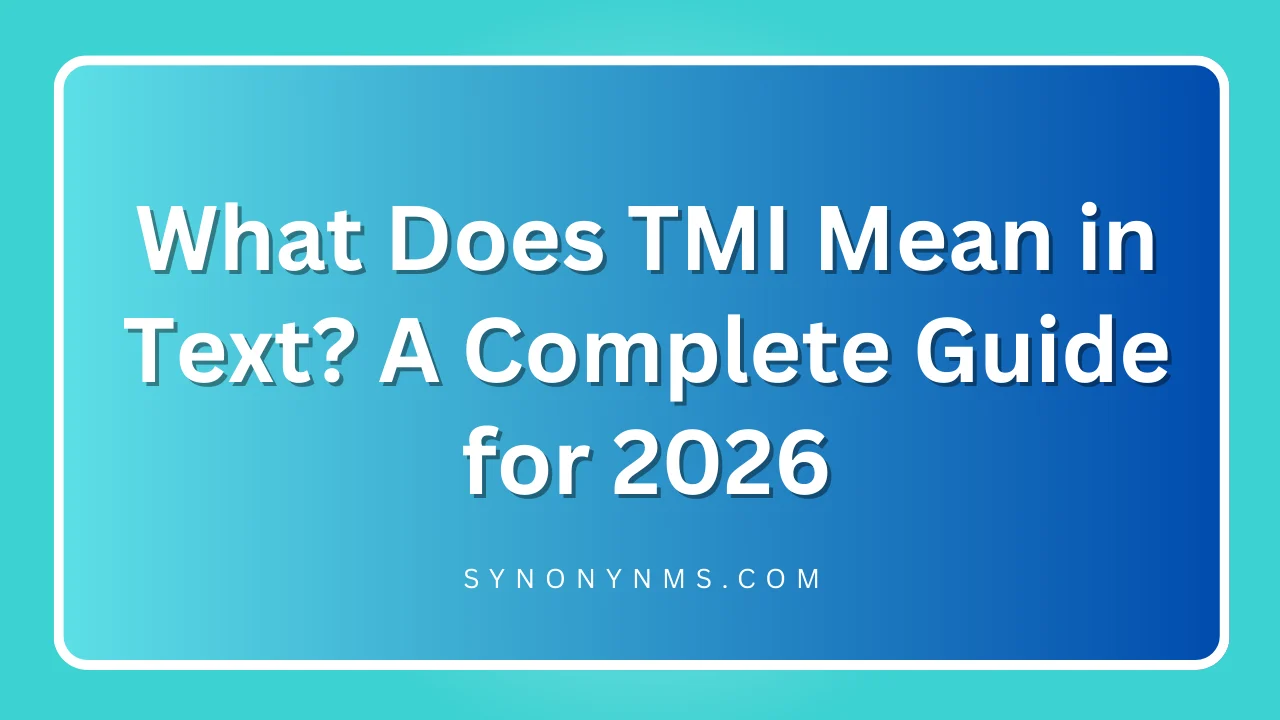“Well noted” is a common phrase used in professional emails to acknowledge information, confirm understanding, or show that you’ve received important details. While it is short and direct, it may sometimes sound overly formal or a bit abrupt — especially in client communication or collaborative settings. That’s why many professionals prefer to use more polished, courteous, and context-appropriate alternatives.
Choosing a thoughtful acknowledgment phrase helps you maintain a positive tone, reinforce clarity, and demonstrate professionalism. It also makes your emails sound more human, warm, and engaging.
In this guide, you’ll find 35+ polite, natural, and workplace-friendly alternatives to “well noted,” complete with meanings, tones, examples, and guidance. Use these expressions to elevate your email etiquette and strengthen your communication across teams, clients, and leadership.
Section 1: What Does “Well Noted” Mean?
“Well noted” simply means I have received, read, and understood the information. It signals acknowledgment and often implies that you will take appropriate action. The tone is formal and concise, making it useful in straightforward professional communication. However, its brevity can sometimes feel stiff, which is why many choose softer or clearer alternatives.
Section 2: When to Use It
You can use “well noted” (or its alternatives) when:
- Confirming instructions
- Acknowledging deadlines
- Accepting clarifications
- Responding to meeting changes
- Noting shared documents or updates
Examples:
- Well noted — thank you for sharing the updated schedule.
- Noted. I’ll make the necessary revisions.
It works best in informational or procedural emails, where warmth is less important than clarity.
Section 3: Is It Polite or Professional?
“Yes,” it is professional — but the tone can be perceived as cold or abrupt if not used carefully. In formal or client-facing communication, adding warmth or appreciation is often better. The alternatives below help you maintain clarity while sounding friendly, respectful, and polished.
Section 4: 35+ Polite Ways to Say “Well Noted” in an Email
Below are 35+ polished alternatives. Each includes meaning, tone, example sentence, and usage guidance.
1. “Thank you — I’ve noted it.”
Meaning: You acknowledge and appreciate the information.
Tone: Polite, professional
Example: Thank you — I’ve noted it and will update the file.
Use when: You want clarity with gratitude.
2. “Acknowledged with thanks.”
Meaning: You received and appreciated the update.
Tone: Formal, courteous
Example: Acknowledged with thanks — this helps a lot.
Use when: Responding to instructions or updates.
3. “I appreciate the update and have taken note.”
Meaning: You value the information.
Tone: Warm professional
Example: I appreciate the update and have taken note for tomorrow’s meeting.
Use when: You want to sound appreciative.
4. “Your message is well received.”
Meaning: Confirmation of receipt.
Tone: Formal
Example: Your message is well received. I’ll proceed as discussed.
Use when: Communicating with clients or senior staff.
5. “Thank you — I’ve recorded the details.”
Meaning: You’ve saved the information.
Tone: Polished
Example: Thank you — I’ve recorded the details for tracking.
Use when: Working on documentation or reports.
6. “Noted — thank you for the clarification.”
Meaning: You understand revised information.
Tone: Professional
Example: Noted — thank you for the clarification on the deadlines.
Use when: Responding to corrections.
7. “Thank you, I’ll keep this in mind.”
Meaning: You’ll remember the information.
Tone: Warm, courteous
Example: Thank you, I’ll keep this in mind for future planning.
Use when: The message is advisory.
8. “I’ve taken note of this — much appreciated.”
Meaning: You’ve acknowledged and appreciate it.
Tone: Professional
Example: I’ve taken note of this — much appreciated.
Use when: You want to add sincerity.
9. “This has been duly noted.”
Meaning: Official acknowledgment.
Tone: Very formal
Example: This has been duly noted. I’ll prepare the next steps.
Use when: Formal or legal communication.
10. “Thank you — I’ll proceed accordingly.”
Meaning: You understand what to do next.
Tone: Clear and procedural
Example: Thank you — I’ll proceed accordingly with the update.
Use when: Actions are required.
11. “I acknowledge receipt of your message.”
Tone: Formal
Use when communicating with external parties.
12. “Your instructions have been noted.”
Tone: Respectful, concise
Use when receiving actionable direction.
13. “I confirm I’ve taken note of this.”
Tone: Clear and professional
Use for confirmations.
14. “The information has been reviewed and noted.”
Tone: Thorough and formal
Use in detailed discussions.
15. “I’ve documented this on my end.”
Tone: Responsible, professional
Use in collaborative work.
16. “I’ll adjust the plan accordingly — thank you.”
Tone: Collaborative
Use for project-related updates.
17. “Understood — thank you for the details.”
Tone: Clear and polite
Use in everyday emails.
18. “Thanks, I’ve saved this for reference.”
Tone: Warm and friendly
Use when the info is for future use.
19. “Got it — appreciate the update.”
Tone: Casual professional
Use internally.
20. “I’ve captured the details — thank you.”
Tone: Professional
Use for operational messaging.
21. “Thank you — this is clear.”
Meaning: You understand the information completely.
Tone: Polite, reassuring
Example: Thank you — this is clear and aligns with our plan.
Explanation: Shows clarity and gratitude without sounding stiff.
Purpose: Ideal when the sender wants confirmation that their message made sense.
22. “I’ve reviewed and acknowledged the information.”
Meaning: You’ve read carefully and taken note.
Tone: Formal and thorough
Example: I’ve reviewed and acknowledged the information in your email.
Explanation: Great for detailed or important updates.
Purpose: Perfect for project updates or compliance-related communication.
23. “Thanks, I’ll take this into account.”
Meaning: You will consider the information moving forward.
Tone: Warm and collaborative
Example: Thanks, I’ll take this into account as I finalize the report.
Explanation: Softens the acknowledgment and shows action.
Purpose: Good for suggestions or constructive feedback.
24. “Understood — noted on my side.”
Meaning: You clearly understand and have acknowledged it.
Tone: Professional and concise
Example: Understood — noted on my side for tomorrow’s agenda.
Explanation: Combines acknowledgement + clarity.
Purpose: Great for internal teams or quick confirmations.
25. “Thank you, this is helpful.”
Meaning: The information is useful and acknowledged.
Tone: Appreciative and friendly
Example: Thank you, this is helpful for preparing the briefing.
Explanation: Adds warmth instead of a cold “noted.”
Purpose: Use when someone provides guidance or details.
26. “I’ll keep this noted for our next steps.”
Meaning: You’ve recorded and will use the information soon.
Tone: Professional and proactive
Example: I’ll keep this noted for our next steps in the rollout.
Explanation: Shows forward-thinking action.
Purpose: Ideal for project planning or follow-up tasks.
27. “Message received — much appreciated.”
Meaning: You’ve received and value the update.
Tone: Polite and respectful
Example: Message received — much appreciated. I’ll update the tracker.
Explanation: Combines confirmation with gratitude.
Purpose: Good for quick but courteous responses.
28. “I’ve made a note of your instructions.”
Meaning: You’ve documented the guidance.
Tone: Clear and responsible
Example: I’ve made a note of your instructions and will adjust accordingly.
Explanation: Strong choice when action is required.
Purpose: Ideal for directives from managers or clients.
29. “Thanks for the update — I’ve taken note.”
Meaning: You’ve acknowledged and appreciate the new information.
Tone: Balanced professional
Example: Thanks for the update — I’ve taken note of the changes.
Explanation: Softer and more conversational than “well noted.”
Purpose: Best for status updates or timeline changes.
30. “I understand and will keep this in view.”
Meaning: You understand and will monitor the information.
Tone: Polite, slightly formal
Example: I understand and will keep this in view for upcoming decisions.
Explanation: Good when information influences future work.
Purpose: Ideal for strategic or long-term planning.
31. “I’ll ensure this is reflected moving forward.”
Meaning: You’ll incorporate the information into future actions.
Tone: Proactive, professional
Example: I’ll ensure this is reflected moving forward in the weekly reports.
Explanation: Shows responsibility and commitment.
Purpose: Use for corrections or updated expectations.
32. “Received — thank you for highlighting this.”
Meaning: You’ve received and appreciate the emphasis.
Tone: Polite and efficient
Example: Received — thank you for highlighting this detail.
Explanation: Works well when someone shares important or overlooked info.
Purpose: Great for risk alerts, reminders, or key points.
33. “I’ve logged this into our system.”
Meaning: You’ve added the info to your official records.
Tone: Clear and operational
Example: I’ve logged this into our system for tracking.
Explanation: Shows the information has been processed.
Purpose: Ideal for admin, HR, or project tracking.
34. “Thank you — I’ve acknowledged the details.”
Meaning: You have received and understood everything.
Tone: Polished and professional
Example: Thank you — I’ve acknowledged the details shared.
Explanation: A refined alternative to “noted.”
Purpose: Suitable for professional or client-facing communication.
35. “Your update is noted — many thanks.”
Meaning: You’ve acknowledged and appreciate the update.
Tone: Warm and respectful
Example: Your update is noted — many thanks for the prompt response.
Explanation: Combines courtesy with acknowledgment.
Purpose: Good for polite email closures.
36. “All noted on my end — appreciated.”
Meaning: You have received and recorded all details.
Tone: Friendly-professional
Example: All noted on my end — appreciated.
Explanation: Sounds human, not robotic.
Purpose: Works in almost any workplace scenario.



